
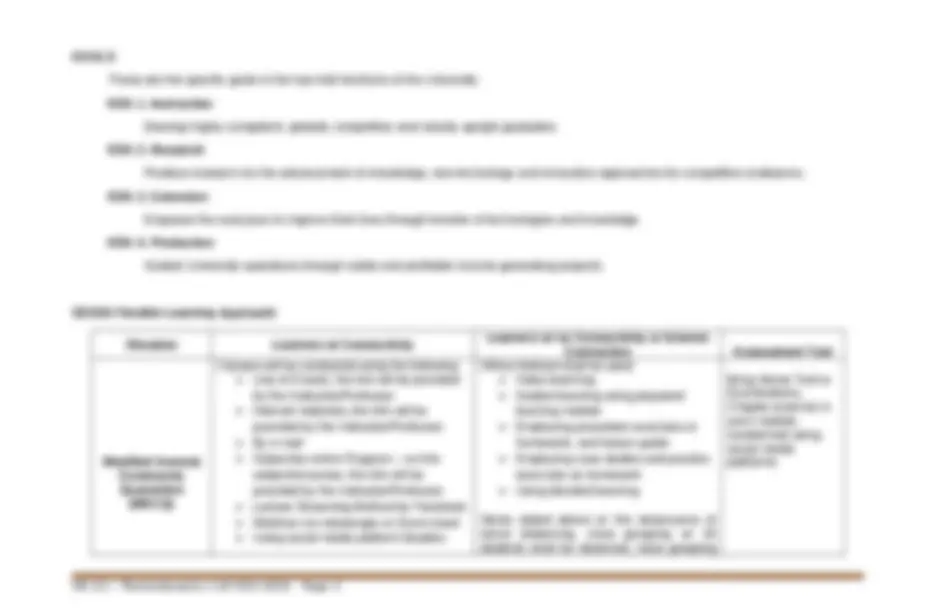
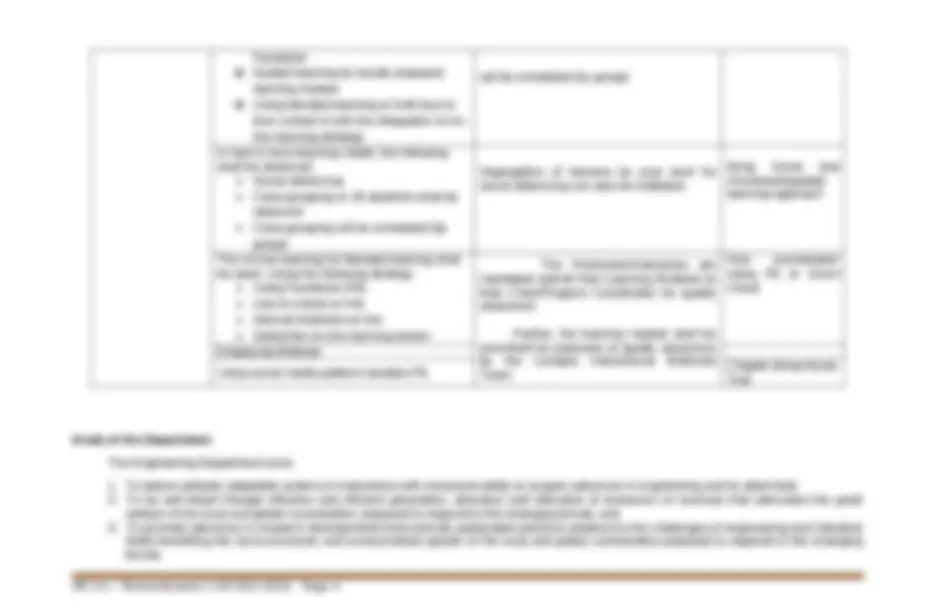
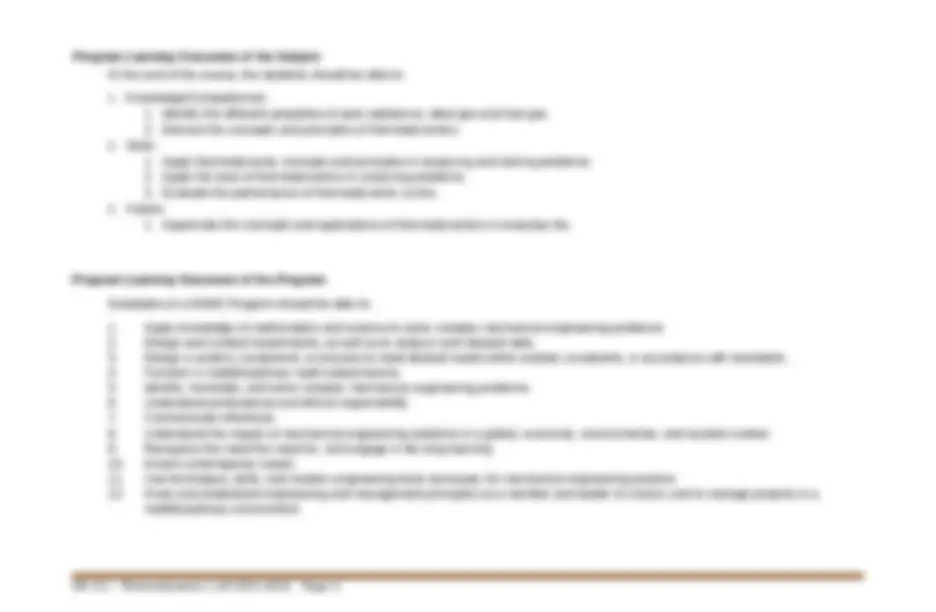
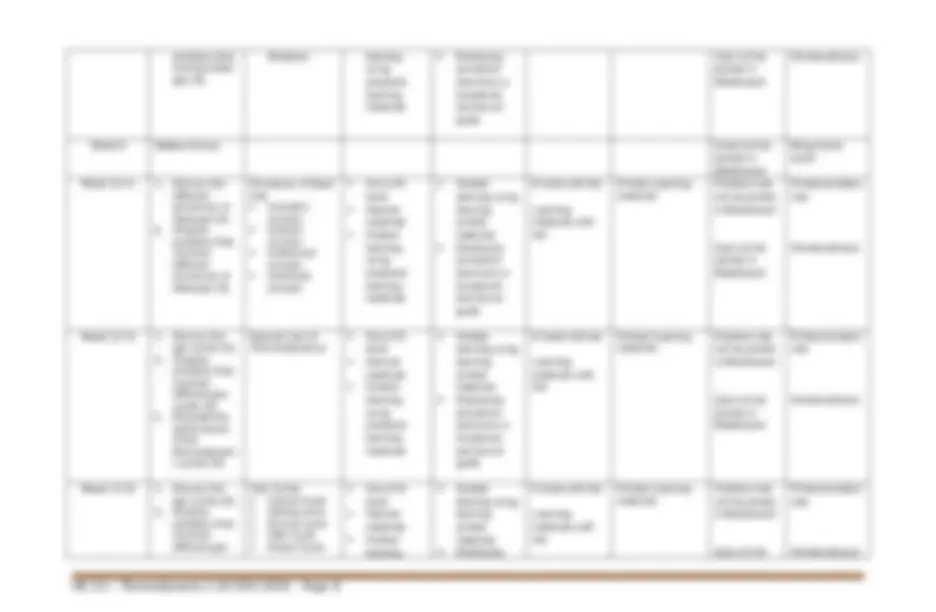
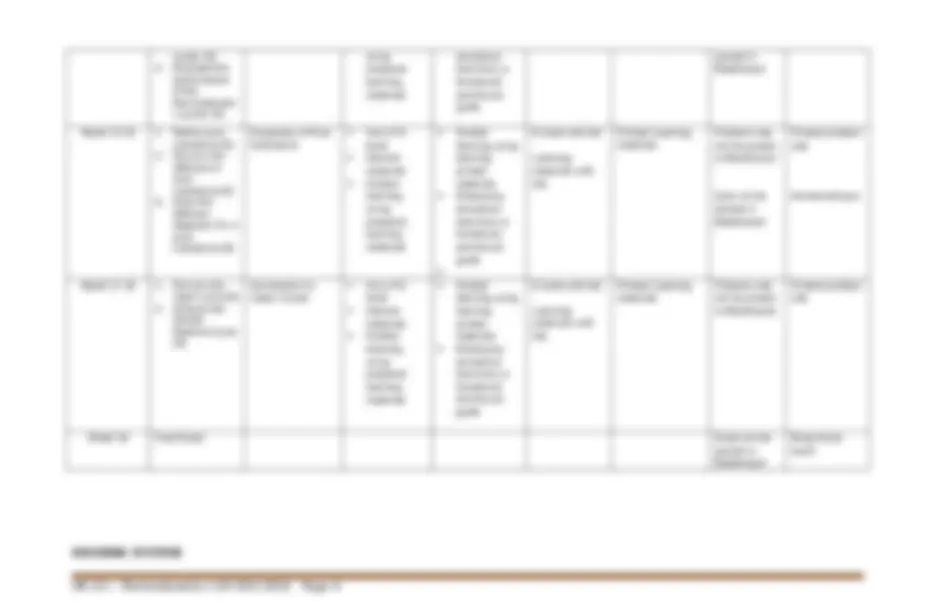
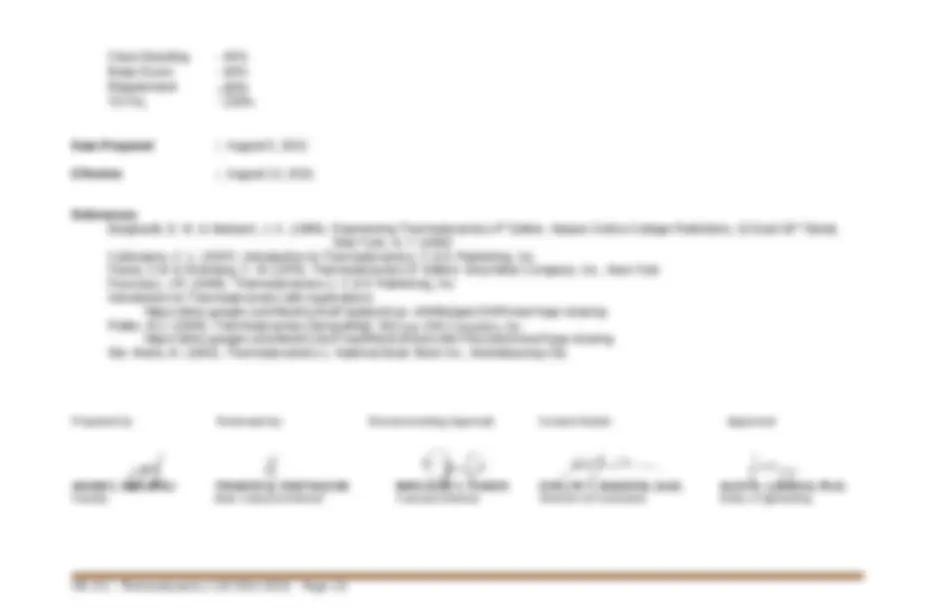


Study with the several resources on Docsity

Earn points by helping other students or get them with a premium plan


Prepare for your exams
Study with the several resources on Docsity

Earn points to download
Earn points by helping other students or get them with a premium plan
Community
Ask the community for help and clear up your study doubts
Discover the best universities in your country according to Docsity users
Free resources
Download our free guides on studying techniques, anxiety management strategies, and thesis advice from Docsity tutors
I've been living in my fears and I've been afraid to start somewhere. I've created blog sites and have taken them down due to my fear of being judged for not being a good enough writer
Typology: Study notes
1 / 11

This page cannot be seen from the preview
Don't miss anything!







problems that involved ideal gas (S) Relations learning using prepared learning materials Employing procedure exercises or homework, and lesson guide Quiz will be posted in Blackboard Homework/quiz Week 9 Midterm Exam Exam will be posted in Blackboard Bring home exam Week 10-11 1. Discuss the different processes of ideal gas (K)